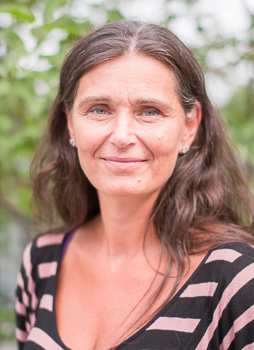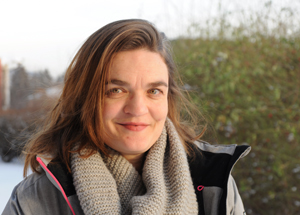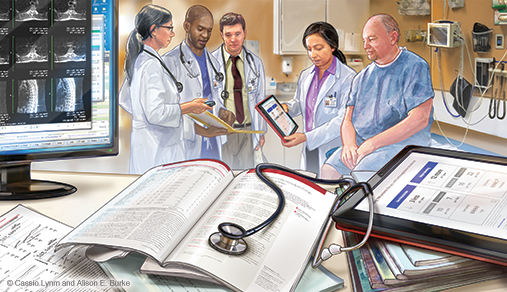Using low sun protection factor may increase the risk of melanoma. Cutaneous melanoma is one of the most rapidly increasing cancers in Norway and is becoming a major public health challenge.
News - Page 16
The Neanderthals lacked several of the genes that can lead to schizophrenia. Does this mean that the genes for schizophrenia are linked to what makes the human species so successful?
Three out of four people could avoid knee surgery with a new form of exercise therapy, with significant cost savings for society.
It is well known that the drug ASA, also known internationally as Aspirin, has analgesic and fever-reducing properties. However, this drug may also increase the likelihood of surviving colon cancer.
The immune defence systems of healthy individuals may become key to future cancer treatment.
Can knowledge about one disease help us to find treatment for another disease?
New guidelines for sharing of research data will entail consequences for all those wishing to publish articles in the world’s most prestigious journals. Mette Kalager and her colleagues argue in favour of a system of credits for data sharing that can safeguard the interests of researchers.
In portraits that could have been made for the living-room wall, photographers cleverly documented wounds that were visible on both sides of the body in one and the same image, using a mirror.
Together with an international research group, Bente Halvorsen, Professor of Medicine at the University of Oslo, has found a new and effective way to treat hardening of the arteries. The idea came from an unexpected source.
“Oh, you're so hormonal!". We all understand what that means: moody and volatile. But hormones do much more than influence our mood. Without hormones our bodies simply would not function.
Nature or nurture? Epigenetics is about how both genes and the environment shape us and make us who we are. Doctoral research fellow Ellen Wikenius wanted to make her field more widely accessible. The animated film "Epigenetics: nurture vs nature" is now ready.
Researchers at UiO and NCMM have discovered that the system used by bacteria to transport magnesium is so sensitive that it can detect a pinch of magnesium salt in a swimming pool.
Elleke Landeweer is working in Norway on a two-year research project in medical ethics. The funding was sourced through Scientia Fellows.
On March 3rd, the Department of Health Management and Health Economics hosted a seminar entitled ‘Cervical cancer in Norway and Sweden: Current affairs in prevention efforts’. There were more than 40 participants from Norway and Sweden, and speakers from Karolinska Institutet, Harvard University, the Cancer Registry of Norway, and the University of Oslo.
Researchers at the institute are developing an app that can help spread new and credible knowledge.
The EuroHOPE projecet findings indicate that there is much room for improvement in health care performance and stress the importance of international benchmarking of regions and hospitals.
A new and simpler surgical method for the treatment of intestinal perforation is a poorer alternative for patients compared to the old method, researchers at the University of Oslo and Akershus University Hospital find. The study raises important questions about the testing of new surgical methods.
Increasing numbers of younger people are being admitted to hospital with heart attacks. Researchers are now hoping that more people will change their lifestyle if they know their own heart age.
Diagnosis of coeliac disease requires a tissue sample from the small intestine, which can be extremely unpleasant. Researchers at the Faculty of Medicine have developed a blood test which provides a rapid, painless answer.
What is the best treatment for acute tennis elbow? Physiotherapy? Cortisone? A combination? Or might you just as well forego treatment?
The foundation of good health is laid early in life. Two studies show that dietary habits and body size in Norwegian children remain stable for the first seven years of life.
Researchers at UiO have tested a new device for delivering hormone treatments for mental illness through the nose. This method was found to deliver medicine to the brain with few side effects.
Studies show the success of the first effective vaccine against Ebola. This means that the outbreak in Guinea can be brought to an end in a couple of months.
Professor Ludvig M. Sollid and his research group found the real cause of coeliac disease. They have now been singled out as one of five world-leading research teams at UiO, and will receive substantial funding for their international work.
Scientists have developed a method for synthesizing liver cells at a fraction of today’s cost.





















.jpg?alt=listing)


